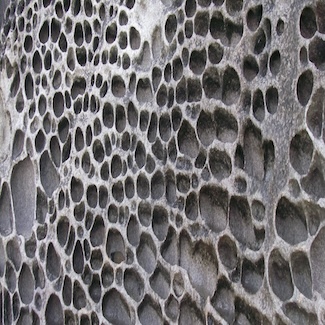Path-dependent institutions drive alternative stable states in conservation.
Type
Understanding why some renewable resources are overharvested while others are conserved remains an important challenge. Most explanations focus on institutional or ecological differences among resources. Here, we provide theoretical and empirical evidence that conservation and overharvest can be alternative stable states within the same exclusive-resource management system because of path-dependent processes, including slow institutional adaptation. Surprisingly, this theory predicts that the alternative states of strong conservation or overharvest are most likely for resources that were previously thought to be easily conserved under optimal management or even open access. Quantitative analyses of harvest rates from 217 intensely managed fisheries supports the predictions. Fisheries' harvest rates also showed transient dynamics characteristic of path dependence, as well as convergence to the alternative stable state after unexpected transitions. This statistical evidence for path dependence differs from previous empirical support that was based largely on case studies, experiments, and distributional analyses. Alternative stable states in conservation appear likely outcomes for many cooperatively managed renewable resources, which implies that achieving conservation outcomes hinges on harnessing existing policy tools to navigate transitions.

